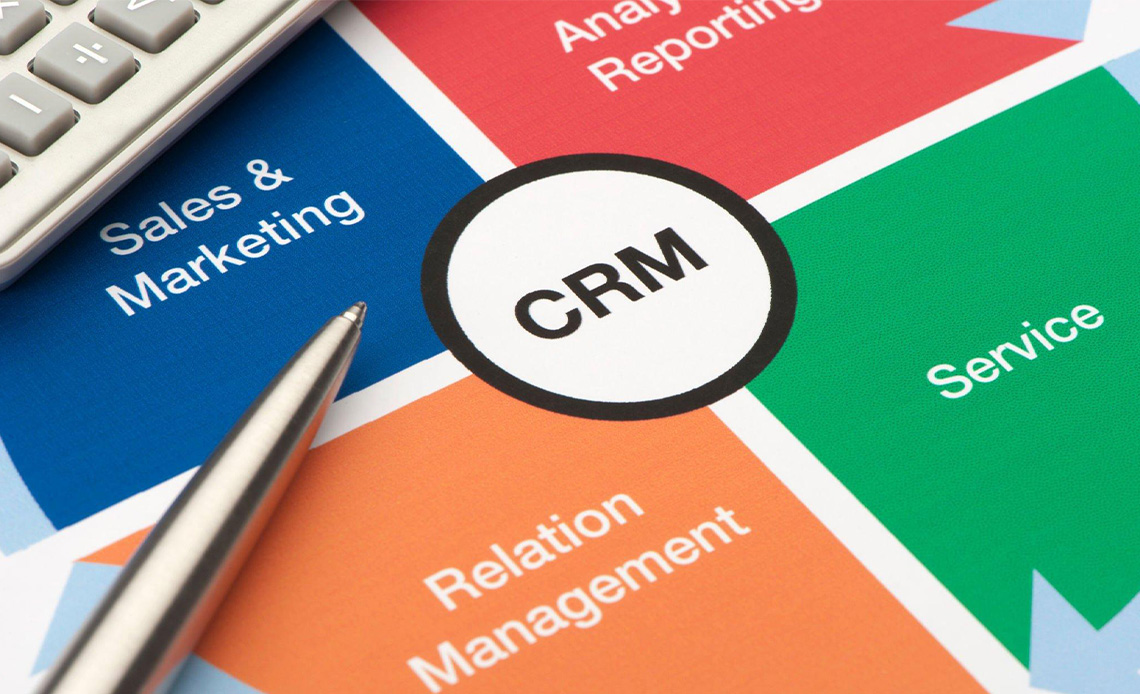Customer relationship management is the process of managing customer interactions with a business.
It allows businesses to improve customer satisfaction, retention, and loyalty.
It also includes the analysis of data to identify customer needs, providing information to customers about various products, and making sure customers are happy with their experience.
How CRM Can Help Supply Chain Companies!
If you are in the manufacturing industry, managing your supply chain is crucial for success. It can be a difficult task if not done correctly but using a CRM system allows you to streamline operations and create synergies that result in improved performance.
Customer relationship management is an essential part of supply chain management because it creates value for the supply chain.
Improving customer satisfaction, retention, and loyalty, increases profit margins.
CRM also helps companies improve their sales and revenue by making the supply chain more efficient.
It provides a way to make sales and marketing more targeted and impactful.
CRM systems can help businesses reach people who are right for their products and services.
They also allow businesses to target their marketing efforts and make them more efficient. Additionally, they help businesses develop better relationships with their suppliers.
CRM systems track customer interactions, so it is easy for businesses to understand what customers want and need.
Businesses can use this information to improve their processes and ensure that orders are fulfilled quickly and accurately.
A CRM system can help businesses identify the best ways to improve customer satisfaction, retention, and loyalty.
It also helps businesses analyze data to identify trends that may affect sales or revenue.
Also, CRM provides transparency into processes, better relationships with customers and partners, access to real-time data for accurate decision-making, as well as cost savings through optimized processes.
Here are five key benefits of using a CRM for supply chain management:
1. Improved communication and collaboration
A CRM system provides a unified platform for all stakeholders in the supply chain, from manufacturers to distributors to retailers.
This enables better communication and collaboration, as everyone can access and share real-time information about inventory levels, order status, and more.
With a CRM, businesses can manage their entire supply chain from one centralized platform, reducing the risk of miscommunication or errors that can lead to delays or lost sales.
2. Better inventory management
Inventory management is a critical component of supply chain management.
A CRM system can help businesses streamline their inventory management process by providing real-time data on inventory levels, order history, and customer demand.
This enables businesses to optimize their inventory levels, reduce waste and excess inventory, and ensure that they always have the right products in stock to meet customer demand.
3. Efficient order processing
Order processing is another critical aspect of supply chain management.
A CRM system can help automate and streamline the order processing process, from placing orders to invoicing and payment processing.
This can help businesses reduce errors, speed up order fulfillment, and improve customer satisfaction.
4. Better customer relationships
At its core, a CRM system is designed to help businesses build and manage better customer relationships.
This also applies to the supply chain, as businesses can use a CRM to monitor customer preferences and feedback, identify opportunities for cross- or up-selling, and improve customer service.
A CRM can also help businesses identify and resolve potential supply chain issues before they become major problems, further enhancing customer satisfaction.
5. Increased efficiency and productivity
By streamlining supply chain management processes, reducing errors, and improving communication, a CRM system can help businesses increase their efficiency and productivity.
This can lead to faster order processing times, reduced lead times, and improved overall supply chain performance.
By using data to optimize their supply chain, businesses can reduce costs and improve their bottom line.
In today’s fast-paced business environment, effective supply chain management is more important than ever.
By leveraging the power of a CRM system, businesses can streamline their supply chain management processes, improve communication and collaboration, and build stronger customer relationships. These benefits can lead to increased efficiency, productivity, and profitability for businesses across a range of industries.




